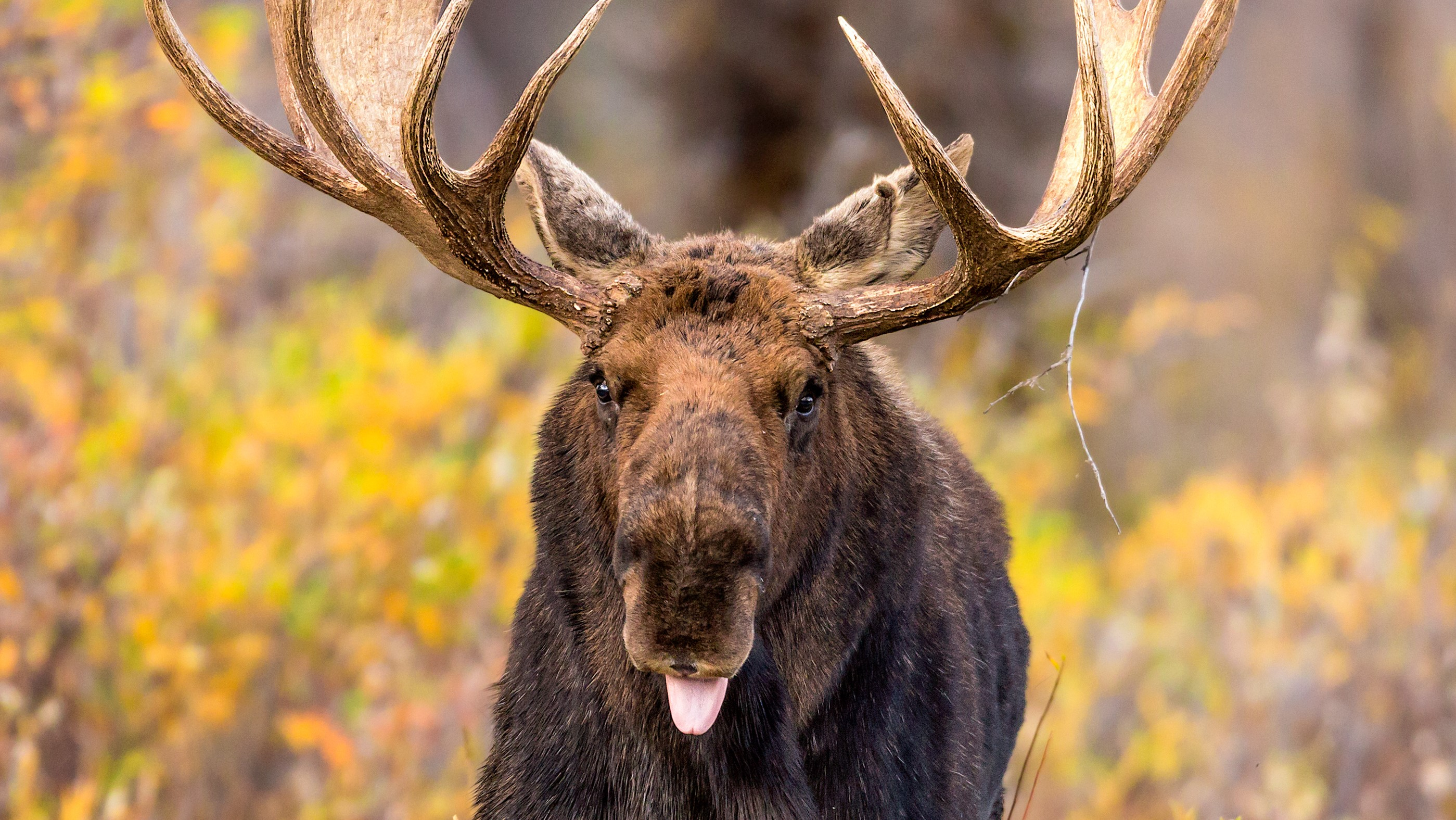
Officials in Alaska have warned campers, hikers and hunters to watch out for moose acting strangely after one animal was diagnosed with rabies – something that has never happened before in the state.
In a statement, the Alaska Department of Fish and Game (ADFG) explained that the moose had been seen behaving aggressively towards humans, which is unusual for these typically docile and curious animals. "The moose was unbalanced, stumbling, drooling profusely, and had bare patches of skin," said ADF&G.
The moose was euthanized and samples taken, which confirmed the presence of rabies virus in the brain. The variant was the same one found circulating in the red fox population last winter, suggesting that the moose had been bitten by an infected fox.
How you can help
ADF&G says that there's unlikely to be a major outbreak of rabies among moose, as they are typically solitary animals. However, it plans to increase surveillance by testing all brain samples from dead and euthanized mammals in areas with enzootic (persistent in a particular location) fox rabies.
You can help by calling ADF&G if you see a dead mammal, or spot one with signs of rabies such as excessive drooling, abnormal or aggressive behavior, or bite marks.
"Pictures or videos of the animal are helpful, but it is important to not come into contact with a potentially rabid animal or carcass," says the department, which advises that vaccinating cats and dogs is the best way to prevent the disease spreading to humans.
"If a person is bitten by a wild animal or a pet that may have been exposed to rabies, immediately wash the wound with soap and water and seek medical attention," it says.
- Wildlife safety: eight tips for unexpected encounters






